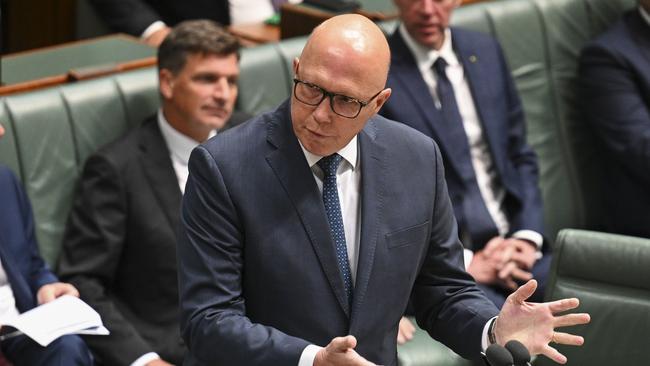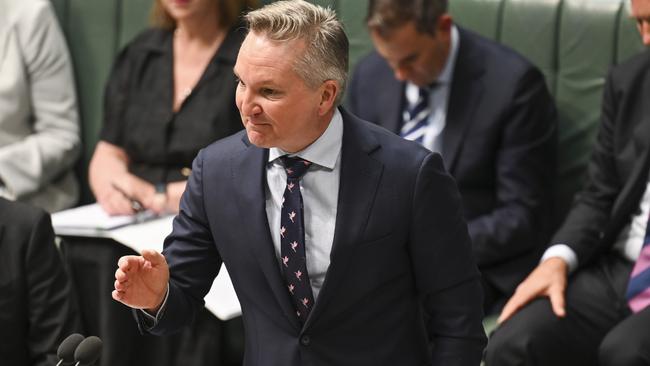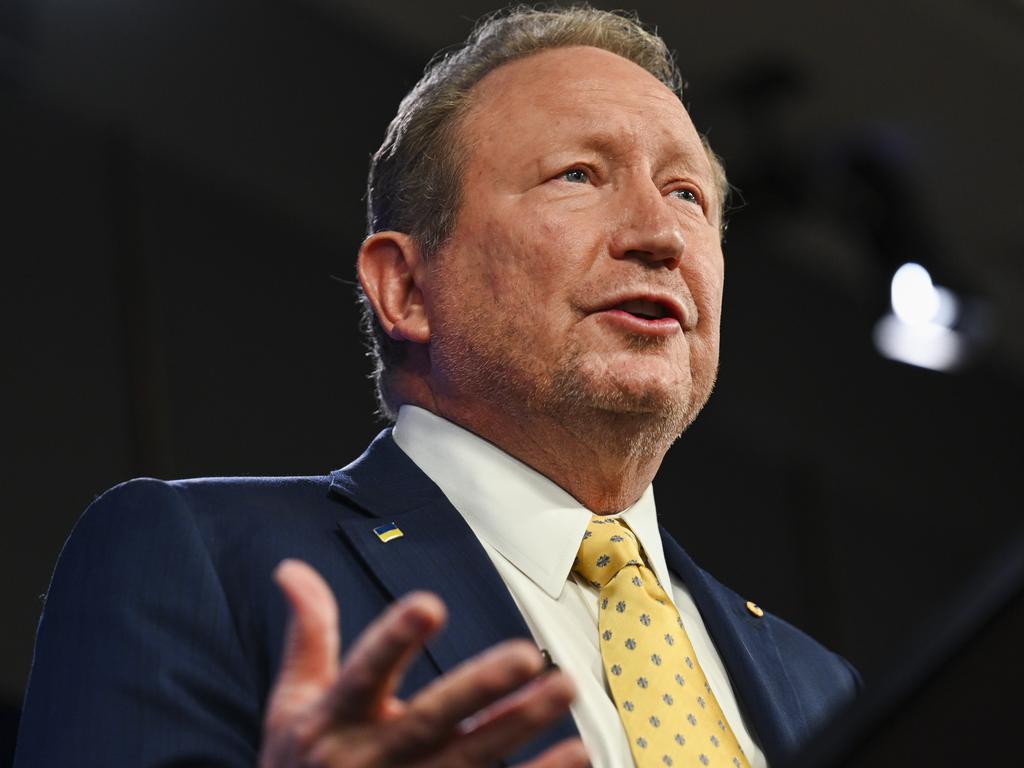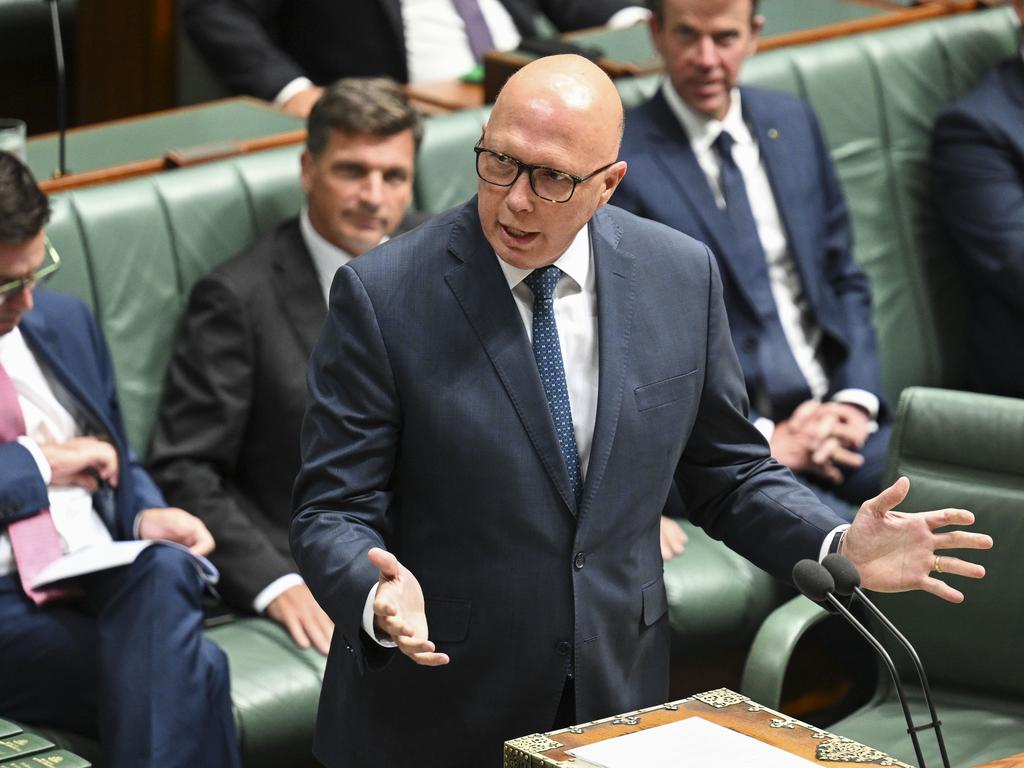Political courage and big ideas.
Committing to an energy policy with nuclear power as a central component in the future is as big and brave as it gets.
But it is a debate the country should have had long ago.
For Dutton to win the argument, however, any Coalition energy policy must be framed in a cost-of-living context with a credible model that can demonstrate how nuclear will deliver cheaper and more reliable power into the future.
The arguments over net zero emissions, the ability of nuclear to lower wholesale prices through reliability and the firming of the grid are vital and self-evident.
But essential to Dutton’s ability to win the debate will be the pathway to cheaper retail bills.
The Liberal leader is clever enough to have worked this out.
Replacing retired coal-fired power plants with small modular nuclear reactors will largely occur in Nationals-held seats. The local politics won’t be easy, but they are not insurmountable.

Timing a policy announcement before the budget also shows sound political judgment.
The Coalition has identified Labor’s energy and climate change minister Chris Bowen as a material weakness for the government.
It will force Labor to have the debate which in the public’s mind, has been largely resolved.
Australia is one of the only G20 countries that does not utilise nuclear power for domestic energy.
Most countries with cheap reliable power have nuclear power.
This is an argument that should have been resolved long ago. But that doesn’t mean it’s now too late to have it.
The Australian’s Newspoll of two weeks ago demonstrated strong support for the proposal that Dutton is working on announcing soon.

Almost two-thirds of young Australians – 18 to 34-year-olds – support the use of small nuclear reactors to replace coal.
Averaged out over all age groups, support is 55 per cent. Those opposed is 31 per cent.
Even a majority of Labor and Greens supporters back the idea.
The politics of nuclear are not what they used to be. There is no fear of the technology for most people under 40.
But this is not to say Dutton doesn’t have a mountain to climb.
But ultimately Dutton’s ability to sell such a policy will be in its framing around what it will do for retail energy prices over the longer term.








Peter Dutton has decided that political courage is the only pathway forward for him as leader.